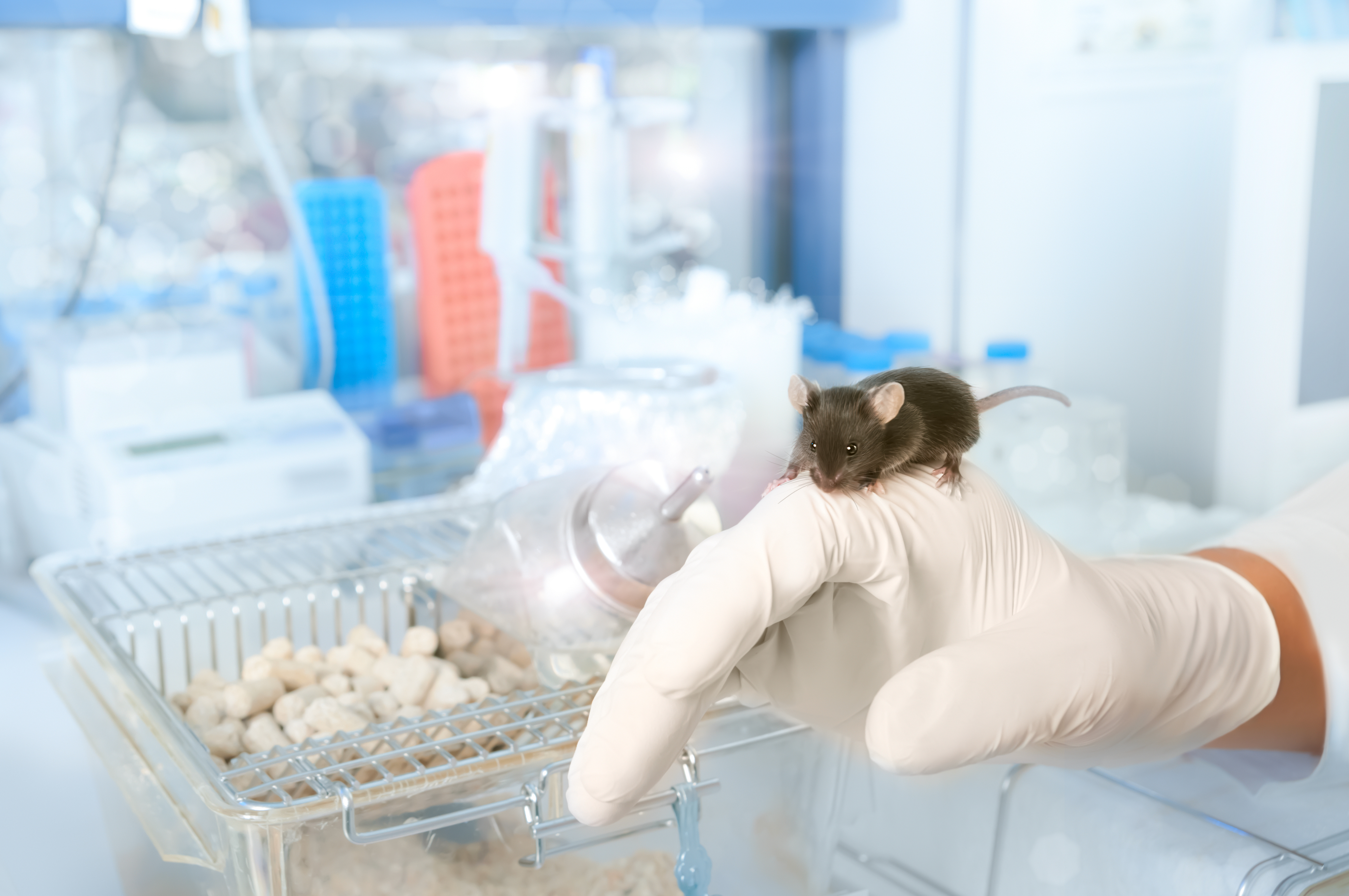Maternal Obesity Speeds Up Offspring Aging, Increases Risk of Metabolic Diseases, Rat Study Shows

The offspring of obese mothers are more likely to age faster, and to develop metabolic diseases such as diabetes and heart disease, a study in rats shows.
While the health problems spanned the offsprings’ lifetimes, the researchers noted that “encouragingly, exercise by the offspring improves many of the poor offspring outcomes that result from maternal obesity.”
The study, “Maternal obesity accelerates rat offspring metabolic aging in a sex dependent manner,” was published in The Journal of Physiology.
There has been an exponential increase in the number of women who are overweight or obese in their reproductive years, the researchers said. In fact, it is estimated that 1.8% to 25.3% of pregnant women worldwide are obese.
While it is well-established that obesity is associated with a high risk of diabetes and heart disease, increasing evidence has suggested that these obesity-related health problems can be passed on to a woman’s offspring.
The researchers say this is in agreement with the developmental programming hypothesis, which states that adverse conditions during pregnancy lead to persistent effects and diseases in the offspring.
Similar to programming-related outcomes, aging also results in metabolic and hormonal dysfunction, and increased oxidative stress — an imbalance between the production of free radicals and the ability of cells to detoxify them. Oxidative stress is associated with several conditions, including diabetes, heart disease, cancer, and neurodegenerative diseases.
However, the potential interactions between programming and aging mechanisms, and the effects of programming adverse conditions on the rate of aging, remain largely unexplored.
Now, researchers at Salvador Zubiran National Institute of Medical Sciences and Nutrition, in Mexico City, Mexico, and the University of Wyoming at Laramie, set out to evaluate how maternal obesity before and throughout pregnancy and lactation influenced the offsprings’ aging and overall health in rats.
They fed female rats either a normal diet (control group) or a high-fat diet (maternal obesity group), from weaning until the end of lactation.
Then, they analyzed key metabolic, endocrine, and oxidative stress biomarkers at four time points of the offsprings’ lives: puberty (36 days old), young adult (110 days old), mature adult (450 days old), and old adult (650 days old).
Results showed that the offspring of the obese mothers were heavier, had more body fat, and showed early metabolic and hormonal problems. These health problems included elevated triglycerides, leptin hormone — which controls appetite and energy levels — and insulin, as well as insulin resistance and the build-up of fat in the liver. The offspring of the obese mothers also had increased oxidative stress biomarkers.
Insulin resistance increases susceptibility to diabetes, the researchers said. Meanwhile, fat accumulation in the liver, in association with oxidative stress, increases the likelihood of developing non-alcoholic fatty liver disease, which is also associated with an increased risk of diabetes, as well as high blood pressure, heart disease, and kidney disease.
The offspring of obese mothers also died earlier, with no males still alive at 850 days. Conversely, both females and males born of non-obese mothers lived longer than that.
This decrease in life span, along with earlier signs of metabolic dysfunction, suggests that maternal obesity accelerates the offsprings’ aging process and predisposes them to chronic metabolic disease.
Interestingly, the team found differences in some of these health-related biomarkers between male and female offspring from obese mothers. While the reason behind these differences is not clear, it is thought to be hormone-related.
“Our data show clearly that [maternal obesity] leads in a sex-dependent manner to premature aging potentially as a result of oxidative stress, changes in steroid hormones and other functional changes, providing compelling evidence for programming-aging interactions,” the researchers said.
“This reinforces the link between maternal obesity and the aging of offspring, specifically around the increased likelihood of developing diabetes and heart disease,” Elena Zambrano, the study’s senior author, said in a press release.
Zambrano added, however, that there is encouraging news to be found. Her team found in previous studies “that exercise by the offspring can help offset the risks brought about by maternal obesity.”




